FM newsroom – healthcare hygiene, professional cleaning. A forward-thinking hospital is taking infection control to the next level with a smart system that tracks how – and how well – medical staff wash their hands. With its privacy-first design and potential to revolutionise hygiene monitoring, the technology could soon find a place in hospitals across Central and Eastern Europe.
At Taoyuan General Hospital in Taiwan, a new pilot system is using Bluetooth and pressure sensors to ensure healthcare workers stay on top of their hand hygiene. Rather than relying on supervisors with clipboards, the system automatically detects soap-and-water events, tracks handwashing duration, and even identifies when alcohol-based sanitiser is used, European Cleaning Journal reports.
Healthcare professionals wear RFID-enabled wristbands that communicate with strategically placed sensors. This allows the system to log when staff enter or leave critical areas, like intensive care units (ICUs), and whether they comply with hygiene protocols.
No Cameras, No Compromise on Privacy
One of the standout features of the system is its commitment to privacy. Unlike surveillance-based approaches, it doesn’t use cameras or recording devices. Instead, it focuses purely on movement and action, not identity or facial recognition.
“We’re not trying to catch anyone out. The aim is to provide real-time feedback and improve overall compliance, not to punish lapses,” said researcher Liao Lun-de.
Real-Time Insights, Real-World Benefits
Data collected by the system is displayed via a web-based dashboard, giving hospital administrators an instant overview of hygiene performance. Clinical testing in an adult ICU showed a 72% accuracy rate, with researchers continuing to refine the technology.
There’s also talk of expanding its functionality. In future versions, the wristbands may alert staff if they fail to wash their hands for the recommended 40 seconds, nudging them toward safer routines without disrupting their workflow.
A Model for CEE Healthcare Innovation?
While the system is still in its early days, its implications are global. In Central and Eastern Europe, where hospitals often face staff shortages and rising infection control challenges, such technology could offer a much-needed solution. Automated hygiene monitoring could lighten the burden on medical staff and reduce healthcare-associated infections – all while respecting privacy.
As digital health systems gain traction across the CEE region, Taiwan’s approach could serve as a model for how to blend technology, data, and human behaviour in the fight against hospital-acquired infections.
The post High-Tech Push for Cleaner Hands in Hospitals appeared first on Newsroom.


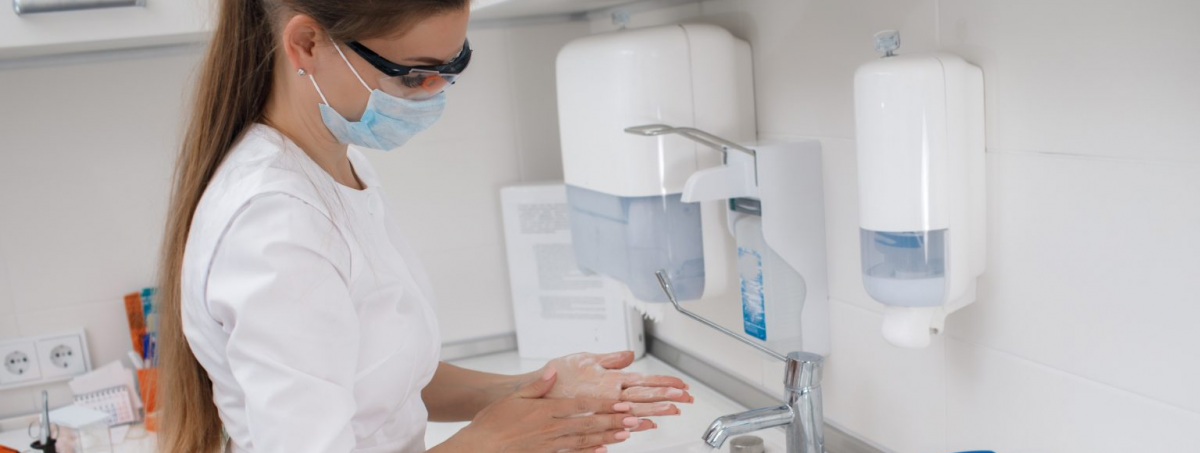
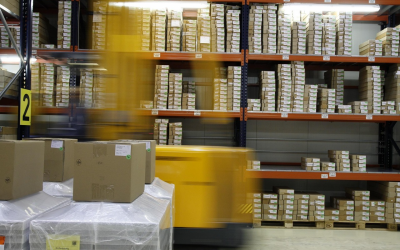
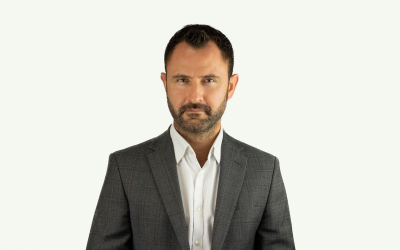
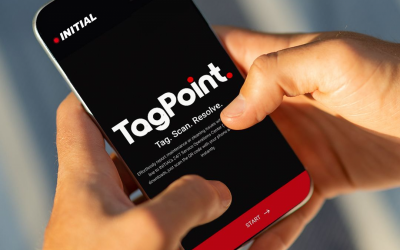


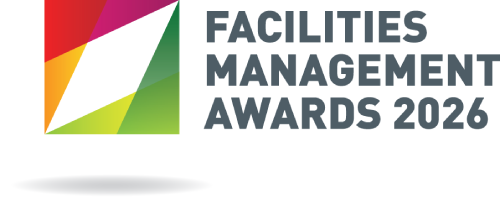
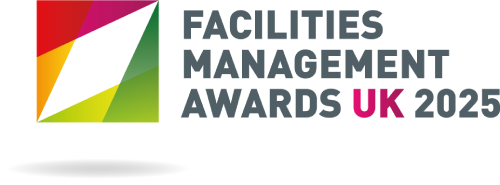
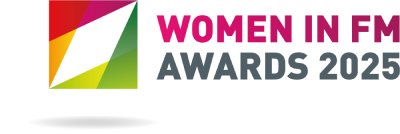




.png)

